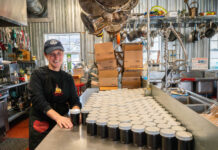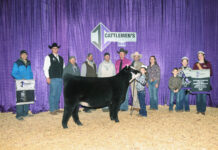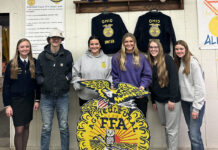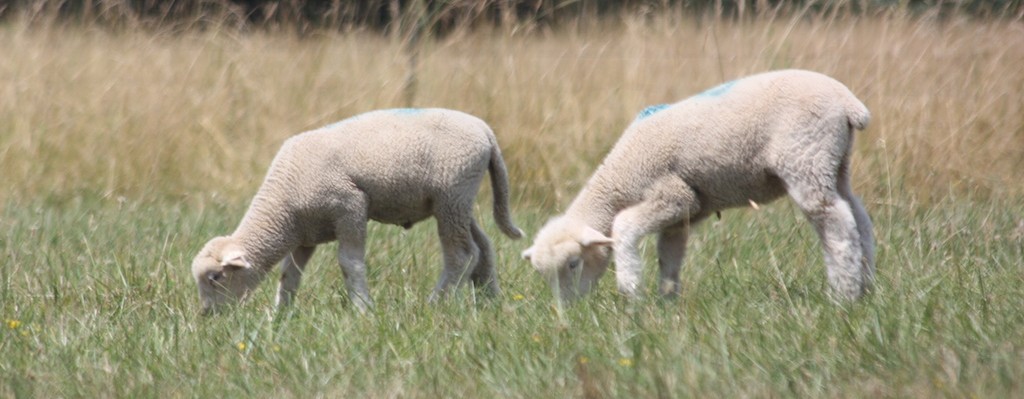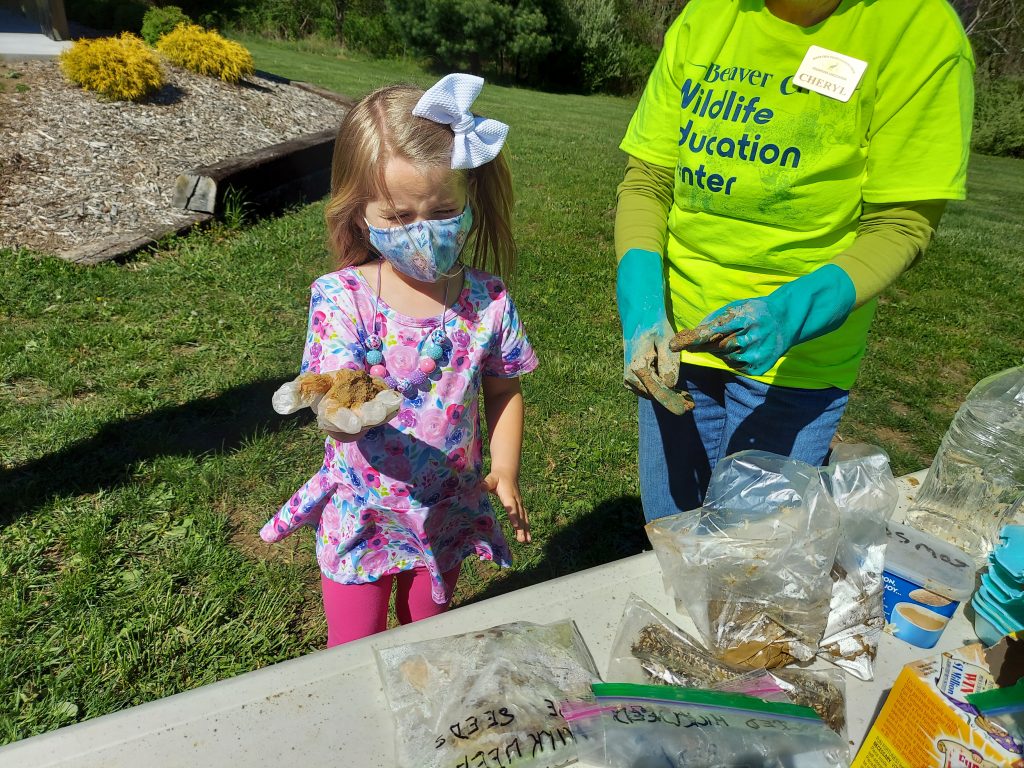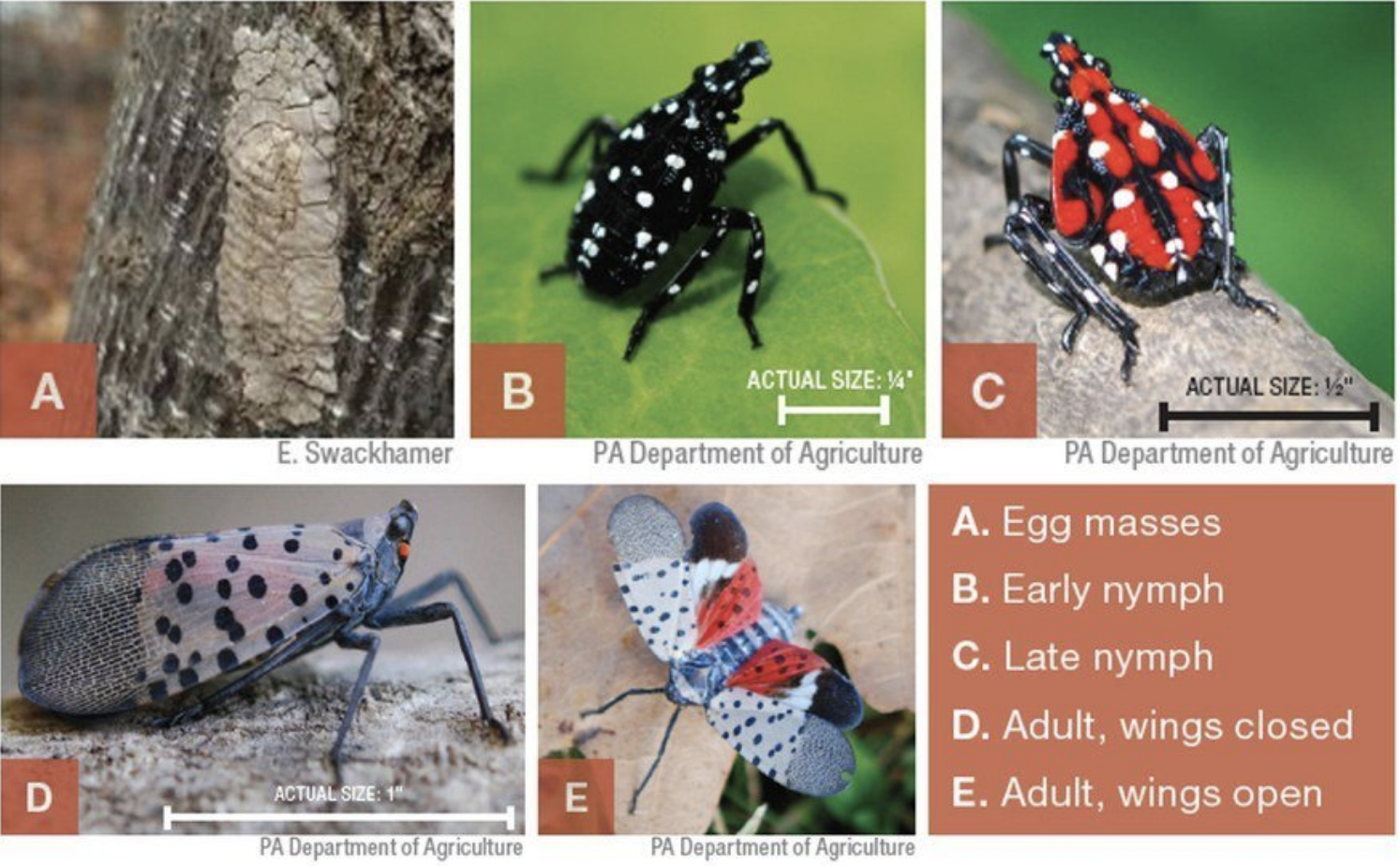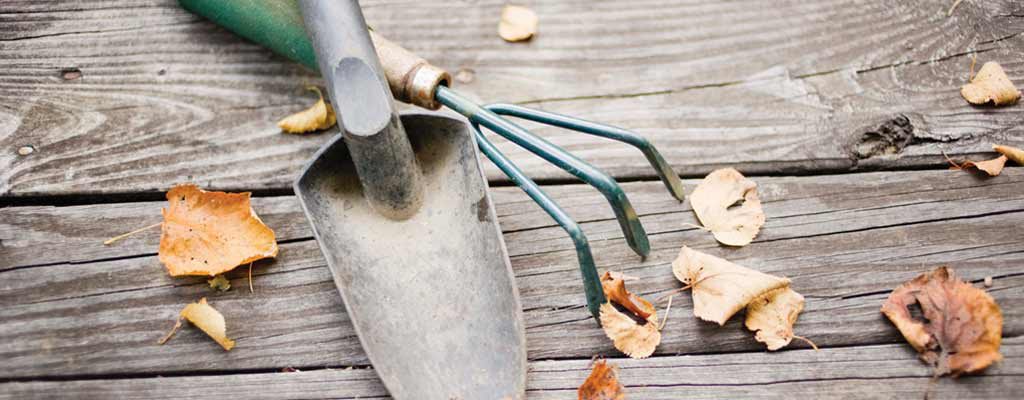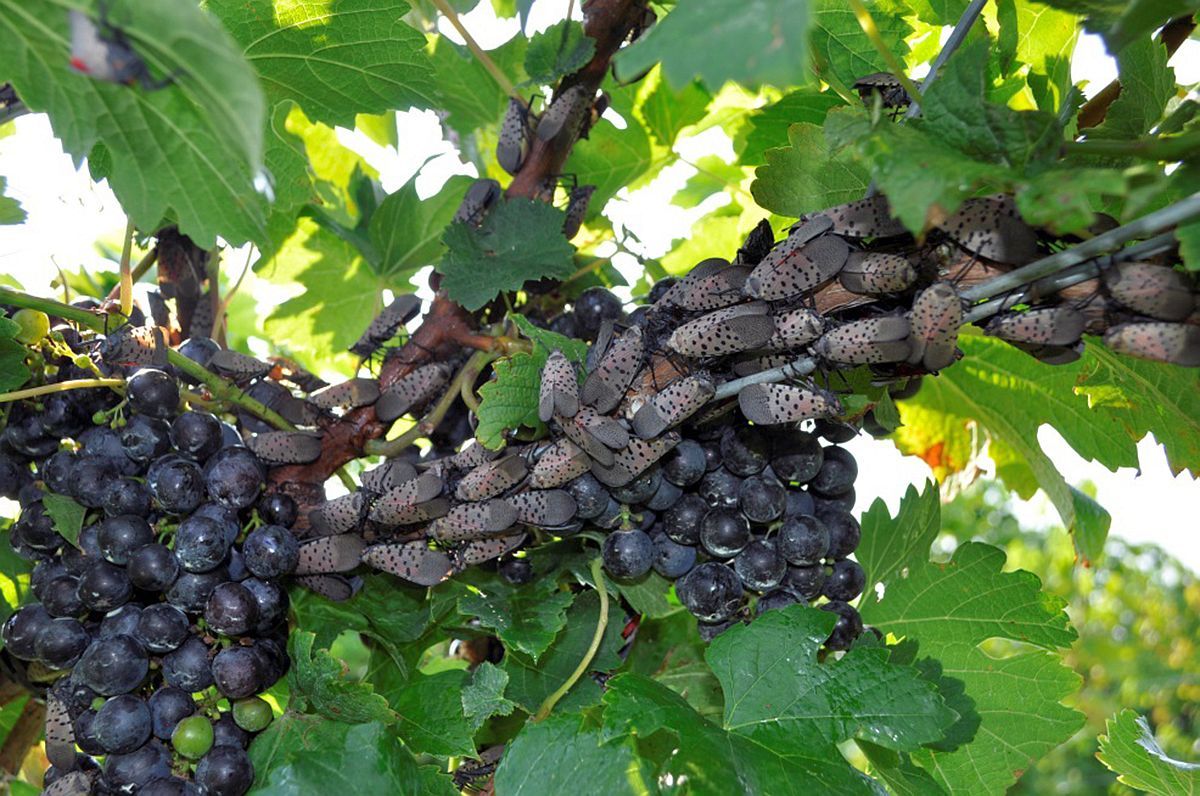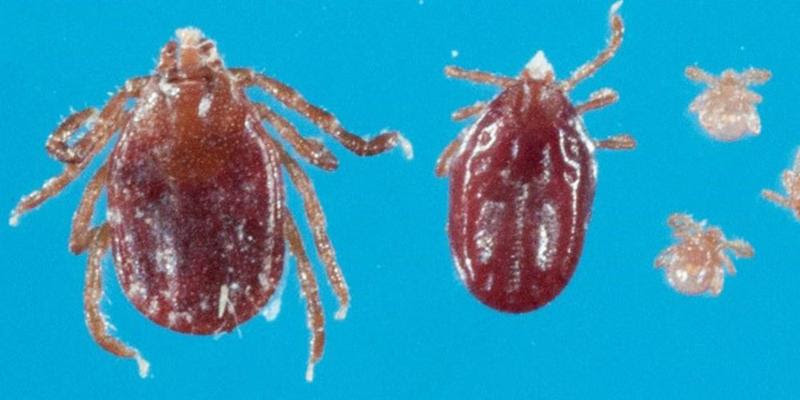Search Results for "egg plant"
News Results 9 of 147 pages
There’s a connection between parasites and pasture management
The grazier needs to be aware of the parasite status of the herd or flock and how grazing management and pasture rotation are connected to parasite management.
How to hide your Easter eggs and eat them too
It’s disappointing so many Easter egg safety articles suggest making separate batches to eat and hide. There are safe ways to eat the eggs you hide.
Expert offers pointers on rootworm
MANHATTAN, Kan. – Corn producers have a lot to consider when it comes to rootworm management, said Randy Higgins, field crop entomology specialist with
Beaver Creek program supports butterflies
The Milkweed Mud Pies program at the Beaver Creek Wildlife Education Center was a start to helping monarch butterflies survive and thrive.
‘An inordinate fondness for beetles’
Over time, quotations can acquire legendary status. So it is with some words attributed to British evolutionary biologist J. B. S. Haldane (1892-1964). It’s said that when asked what he could infer about the Creator from his career in biology, he replied that God must have had, “an inordinate fondness for beetles.” Whether or not
Spotted lanternfly is a plant stressor, but is no locust, OSU experts say
Spotted lanternflies have infested much of the Pennsylvania and other parts of the eastern U.S., and have moved West into other states, like Ohio. But while spotted lanternflies present a threat to some crops, it’s important to take a step back and look at their actual impact.
How to clean up your garden for fall
It isn’t fall just yet, but the end of the summer gardening season is fast approaching.
Spotted lanternfly myths debunked
Penn State Extension debunks myths about the spotted lanternfly to help aid more efficient management. Learn more about common spotted lanternfly myths.
Start checking your livestock for the Asian longhorned tick
Asian longhorned tick hosts currently identified in the U.S. include cattle, horses, sheep, goats, white-tailed deer, opossums, raccoons, and dogs.
Now is the time for producers to scout fields for soybean cyst nematode
WOOSTER, Ohio — A soybean plant seemingly suffering from nutrient deficiencies, diseases, herbicide injury or development issues due to compaction could be the victim of another more serious culprit: soybean cyst nematode. Scout fields Dennis Mills, an Ohio State University plant pathologist with the Ohio Agricultural Research and Development Center, said that now is the
